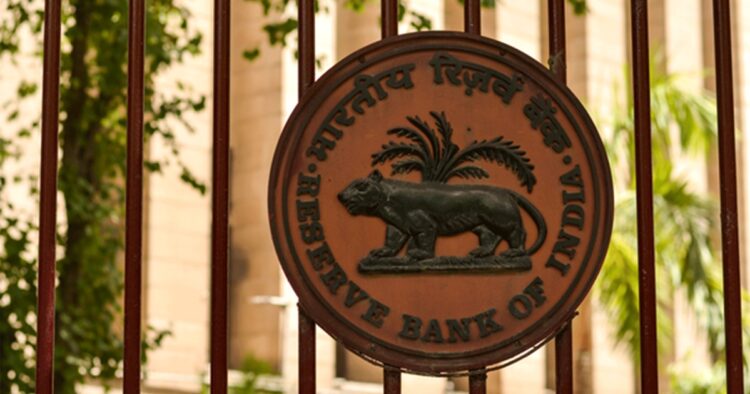In a recent announcement, the Reserve Bank of India (RBI) decided to maintain the repo rate at 6.5%, marking the 14th consecutive month without a change. RBI Governor Shaktikanta Das also revealed the GDP growth projection for the fiscal year 2024-25 (FY25) to be 7%, consistent with previous forecasts. This decision came amidst expectations for a potential upward revision in growth forecasts, given the Indian economy’s stronger-than-anticipated performance in the second and third quarters of FY24.
The Monetary Policy Committee (MPC) emphasized the need for clearer signals of easing towards the 4% inflation target before considering any rate adjustments. While food inflation remained high at over 8%, non-food inflation stood significantly lower at 2.9%. Core inflation, including services, was well below RBI’s target at 3.4%, indicating a mixed trend in inflationary pressures.
Economists and industry experts weighed in on the MPC outcomes. Dharmakirti Joshi, Chief Economist at CRISIL, noted the MPC’s decision to maintain the status quo, attributing it to the central bank’s tightening of monetary conditions over the past year. He highlighted the strong growth momentum in the economy, providing room for the MPC to wait for clearer signs of inflation easing.
Rajani Sinha, Chief Economist at CareEdge, echoed similar sentiments, emphasizing the importance of containing inflation to the 4% target. While core inflation has moderated in recent months, persistent high food inflation remains a concern. Expectations of a normal monsoon offer hope for food inflation, but geopolitical tensions and supply-side risks pose ongoing challenges.
Looking ahead, Suman Chowdhury, Chief Economist at Acuité Ratings & Research, suggested a potential shallow rate cut of around 50 basis points in two tranches starting Q3 FY25. He highlighted the importance of the RBI’s commitment to disinflation and price stability, particularly amidst rising crude oil prices and potential upward risks in food inflation.
India Ratings and Research (Ind-Ra) also anticipated the unchanged policy rate and stance, emphasizing RBI’s cautious approach to maintain gains in combating inflation. RBI’s guidance projected retail inflation to range from 4.9% in 1QFY25 to 4.5% in 4QFY25, indicating a vigilant stance throughout the fiscal year.
Shishir Baijal, Chairman and Managing Director at Knight Frank India, welcomed RBI’s decision to maintain stability in lending rates, particularly for the real estate sector. He highlighted the positive indicators in domestic macro fundamentals, including strong GDP growth projections, high forex reserves, and robust manufacturing and services PMI data, signaling sustained long-term growth prospects for the economy.
In summary, RBI’s decision to keep the repo rate unchanged and maintain its growth and inflation forecasts reflects a balanced approach aimed at supporting economic stability and growth amidst ongoing challenges and uncertainties.

















Comments